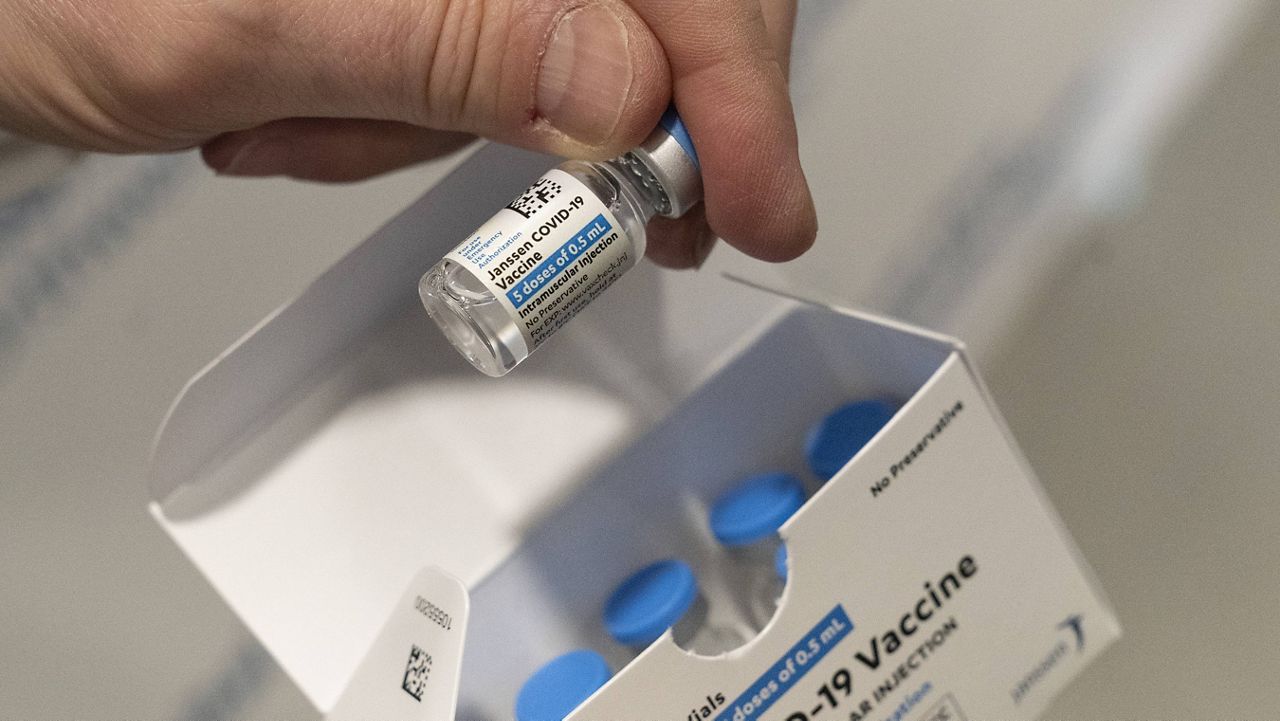The Baltimore factory contracted to make Johnson & Johnson’s COVID-19 vaccine was dirty, didn’t follow proper manufacturing procedures and had poorly trained staff, resulting in contamination of material that was going to be put in the shots, U.S. regulators said Wednesday.
What You Need To Know
- The FDA released a statement and a 13-page report detailing findings from its recent inspection of the now-idle Emergent Biosciences factory that is contracted to make Johnson & Johnson's COVID-19 vaccine
- Among the findings, the Baltimore factory was dirty, didn’t follow proper manufacturing procedures and had poorly trained staff, resulting in contamination of material that was going to be put in the shots
- Both Emergent and Johnson & Johnson said Wednesday that they are working to fix the problems as quickly as possible
- The FDA hasn’t given emergency approval to the factory, which is needed before any vaccine material made at the factory can be distributed
The Food and Drug Administration released a statement and a 13-page report detailing findings from its recent inspection of the now-idle Emergent Biosciences factory.
Agency inspectors said a batch of the bulk drug substance for J&J's single-shot vaccine was contaminated with material used to make COVID-19 vaccines for another Emergent client, AstraZeneca. That batch, reportedly enough to make about 15 million J&J vaccine doses, had to be thrown out.
Other problems cited in the inspection report were peeling paint, black and brown residue on floors and walls in the factory, inadequate cleaning and employees not following procedures to prevent contamination.
Both Emergent and Johnson & Johnson said Wednesday that they are working to fix the problems as quickly as possible. Nothing made at the factory for J&J has been distributed yet.
At the moment, use of the J&J vaccine is on hold in the U.S. as government health officials investigate its connection to very rare blood clots. The nearly 8 million doses of J&J vaccine that had been used in the U.S. came from European sources.
The Baltimore factory halted production late last week at the request of the FDA. The agency hasn’t given emergency approval to the factory, which is needed before any vaccine material made at the factory can be distributed.
All the bulk vaccine substance Emergent has made is being stored and will undergo additional testing by the FDA, the agency said.
“We are doing everything we can to ensure that the COVID-19 vaccines that are given to the people of this nation have met the agency’s high standards for quality, safety and effectiveness,” the FDA said. “We know that every time an American, including members of our own families, receives a COVID-19 vaccine dose, they are putting their trust in us. We are working hard to maintain that trust.”
Earlier this month, the Department of Health and Human Services put Johnson & Johnson in control of the Baltimore facility, which Emergent still owns. To prevent against any future cross contamination, the J&J vaccine will be the only COVID-19 vaccine produced there.
Johnson & Johnson said it is “assuming full responsibility” for manufacturing its vaccine at the Emergent plant, installing its own leadership team there, and increasing manufacturing, quality and technical operations personnel.



